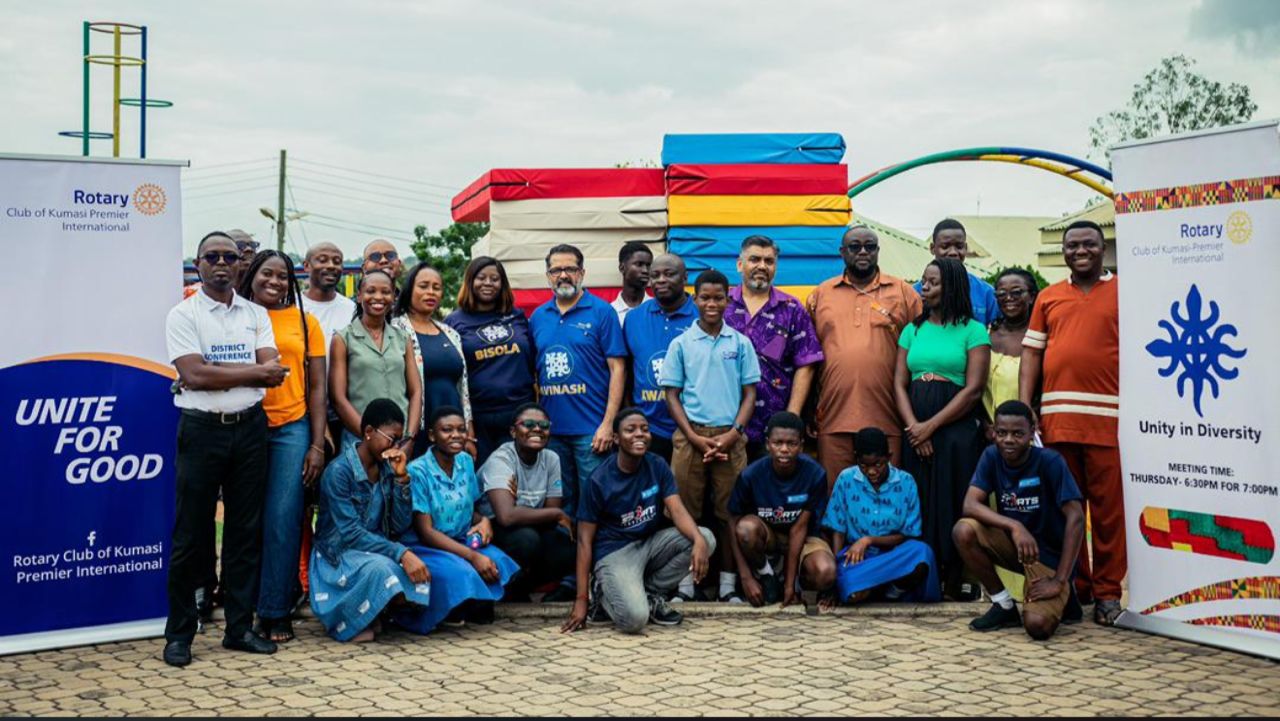
If you’ve been checking your Galaxy Watch sleep score lately and feeling like you’ve unlocked the secret to flawless rest, you’re not alone. As Android Authority picked up, the last week has seen Reddit and other forums flooded with reports from Galaxy Watch owners who are suddenly getting sleep scores of 99 (and even 100) night after night, despite not really changing their habits in any significant ways.
Inflated numbers, but probably not on purpose
When it says 99 but you feel like a 10
Don’t even get me started on the “Antioxidant Index” feature.
User dylanchadderton kicked things off on r/GalaxyWatch, noting that after years of scores in the 70s through low 90s, they suddenly hit a 99, and then kept hitting it again and again. “I feel like I’m sleeping about the same,” they wrote, adding that the only change in routine was a shorter workday. The Reddit thread quickly filled with dozens of similar anecdotes, from people with Watch 4s all the way to Watch 8s, all seeing their numbers shoot up to near-perfect without any corresponding lifestyle improvements. One person even said a one-hour nap bumped them from a 99 to a 100.
The most popular theory is that a quiet tweak to Samsung’s sleep score algorithm, possibly tied to the recent Samsung Health update and One UI Watch 8 rollout, is the cause. Several commenters suggested that “awake” time, which often dragged scores down, may now carry less weight in the calculation. Adding even more intrigue since the story popped up, some users say they’re seeing the opposite problem of drastically lower scores, with some nights being rated in the 20s and 30s.
The variety of models, software versions, and regions seeing the unusual scores highlights just how widespread the issue is. That makes it less likely that this is an isolated bug tied to one watch model or beta software, and more likely a systemic change. Samsung hasn’t issued a statement yet.
For now, Galaxy Watch owners are split between enjoying the boost and being skeptical. “The cynic in me thinks that higher score = happier customers, better for business,” one Redditor wrote. Another admitted the inflated number still helps them feel more rested: “I think higher sleep scores help me psychologically. I feel better about my day if I think I slept better.” And it’s important not to overlook the psychological effect of sleep tracking, for better or worse.
Whether this is a bug or a deliberate recalibration, the trend raises a familiar question about wearable health tracking: how much should we trust the numbers on our wrist? Until Samsung weighs in, Galaxy Watch owners can either bask in their newfound status as elite sleepers or take those 99s with a very large grain of salt.



